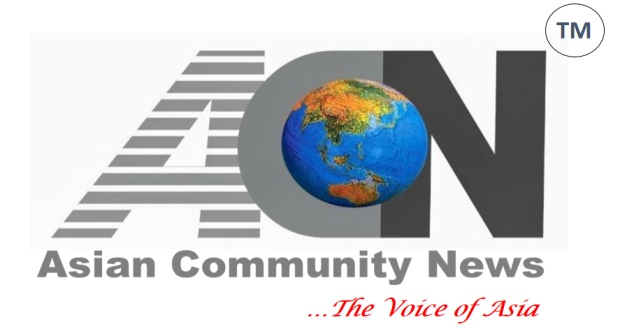Japan changes strategy to bring more Japanese companies to India to get graph ticking upward
Japan lays more focus on small and medium enterprises segment instead of large conglomerates, to invest more in non-automotive and service sectors.
EXCLUSIVE: NEW DELHI: In its bid to increase the number of Japanese companies in India, Japan government has decided to attract small and mid-sized companies as well as start-ups from Japan. In a major shift in its gears, Japan is exploring newer investment opportunities in non-conventional sectors such as e-commerce, retail, electronics, processed food, fresh fruits, agro-tech, healthcare, R&D, Co-research, and space.
It’s noteworthy that the number of Japanese companies in India has been stagnant in the last four years, and in fact, the number decreased last year. The total number of Japanese companies in India was registered at 1441, 1454, 1455, and 1439 in the year 2018, 2019, 2020, and 2021 respectively. Japan aims to reverse the trend in 2022 and take the graph upward.
 Takashi Suzuki, the newly appointed Chief Director General of Japan government’s trade promotion arm Japan External Trade Organisation (JETRO) told Asian Community News Network that Japan would have to diversify into the business sectors which had not been explored yet by Japanese companies in India.
Takashi Suzuki, the newly appointed Chief Director General of Japan government’s trade promotion arm Japan External Trade Organisation (JETRO) told Asian Community News Network that Japan would have to diversify into the business sectors which had not been explored yet by Japanese companies in India.
“In India 80 percent of the Japanese companies are big or listed ones and rest 20 percent are small medium enterprises. However, our investment strategy in countries like China and ASEAN is just the reverse, and hardly 20 percent of the Japanese companies are large segment and 80 percent are SMEs. This should change in India as we plan to attract more SMEs and start-ups especially in non-automotive and service sector from Japan,” said Mr. Suzuki who was previously deployed as Director General, JETRO, Bengaluru for four years.
Suzuki said that majority of the Japanese companies in India are not much in service sectors or electronics, and they are majorly in automotive sector unlike China and ASEAN where its just the other way round.
While spelling out the newer sectors the Japanese companies would be eyeing at Mr. Suzuki said that there were food, processed food, agro-tech, healthcare and also start-ups which was one of the main activities of JETRO. “We are now looking at importing Japanese food items, and creating selling platform such as e-commerce and retail business. The new potential sectors include electronics, food, fresh fruits, agro-tech, healthcare, R&D, Co-research, and space. We want Indian institute and Japanese corporates to work together. We want many Japanese start-ups to come to India and support Indian counterparts.”
Related article: Entry of Japanese companies into India slow in last 3-4 years, Indian Govt told yet again to act in earnest
While commenting on the total number of Japanese companies not increasing significantly, the JETRO Chief Director-General said that it was due to Covid pandemic and factors like check on overseas travel which affected the global economy.
However, he said that the investment by the existing Japanese companies in India remained active even during the Covid time and expanded their operations and investment significantly, and set up their second and third plants.
Related article: For Japanese companies, India a tough place to do business compared to ASEAN
Mr. Suzuki said that the situation was getting better in 2022 and many Japanese companies were coming to India from japan and I hope the momentum of growth of Japanese companies will happen again, and the number would go up.
He disclosed that JETRO with the support of the Embassy of Japan was going to organize a series of business promotional events in India. India would witness an event to promote Japanese tea by September end and also another one on processed food in October end in New Delhi.




Please say to JETRO. Before inviting Japan’s Small and Medium companies, Jetro is required to complete all deregulation and infrastructure development like electricity and roads. Without those items, running cost is high for SMSEs. Fix cost is almost same with large set up. Without completed JCCII suggestion, it is hard.
And nowadays education of constitution is lacking in Japan, no understanding of constitution is no understanding of labor act and democracy & constitutional governance with company act, labor act and accounting standards. Before considering that project, education of international treaty and Japan’s Domestic constitutional system is mandatory. How they do that ??? Without that basis just leads the confusion to
Indian democracy and constitution sovereignty.
Dear N Takahashi san
We wish to thank you for submitting your valuable suggestions and key insights into the Indian business environment involving challenges the SMEs face here.
Regards
Editor
[…] Related article: Japan changes strategy to bring more Japanese companies to India to get graph ticking upward […]